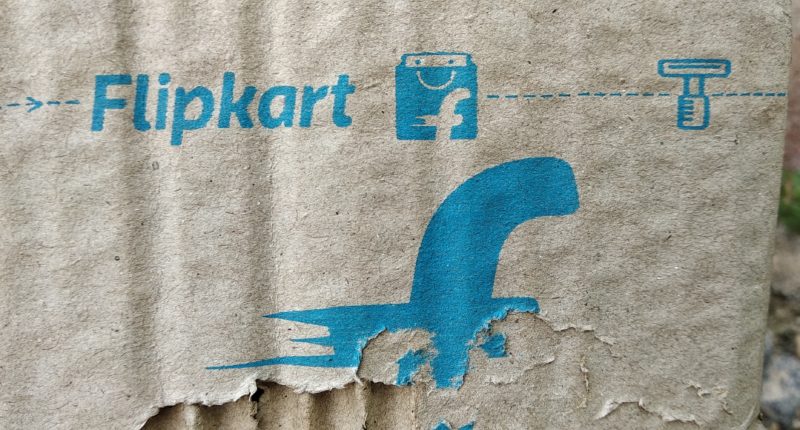In view of rising coronavirus cases in certain select regions in the country, India just announced a second lockdown extension. This time around, the country has been demarcated into red, orange and green zones based on the severity of cases in each of these regions. Along with that, there are certain relaxations provided in orange and green zones, and ecommerce has finally fallen under one of them.
In a note on May 1st 2020, the government said that e commerce companies like Amazon and Flipkart can return to conduct full operations, in select regions. These “green” and “orange” zones will be classified according to the COVID 19 data, and the number of cases in each region. They will be as follows: Green zones will be areas that have registered no cases so far, or districts with no confirmed cases in the last 21 days. Red zones, or Hotspot districts will be areas defined by the Ministry of Health and Family Welfare, taking into account total number of active cases, doubling rate of confirmed cases, extent of testing and surveillance feedback. Orange zones will be districts that come under neither Green zones or Red zones.
Moreover, there will be areas known as containment zones, within the boundaries on Red and Orange zones. Within these areas, maximum precaution is required, according to the statement by Home Ministry, and contact tracing will be used here to keep a check on active cases. Thus, 100% coverage of Aarogya Setu app will be ensured by government organizations in containment zones.
Moreover, cab aggregators like Ola and Uber will also be allowed to resume operations in green and orange zones. As of yet, only one drivers and two passengers will be permitted per a single ride along. Interdistrict movements will be allowed, both for individuals and vehicles, but only for permissible activities. Any vehicles on the road will have to comply with similar restrictions as Uber and Ola, with only one driver and two passenger allowed at a time.
Moreover, in green zones, buses and bus depots can operate at 50% capacity.
However, ecommerce companies might want to hold on to their party poppers just yet. Most of the metropolitan cities, including Delhi, Kolkata, Chennai and Hyderabad, have been classified as red zones. Thus, the areas where these e commerce companies extracted most of their revenues from, are still off reach.
Earlier, the ministry of home affairs (MHA) had announced that e commerce companies could return to delivering non essentials, and that states who wanted to resume these services could opt to do so. However, the decision was taken back almost immediately after.
Just a week later, Amazon and Flipkart urged the government to open up delivery of non essentials, assuring safe delivery. And it looks like they have their answer.
The Tech Portal is published by Blue Box Media Private Limited. Our investors have no influence over our reporting. Read our full Ownership and Funding Disclosure →





1 comment
Comments are closed.